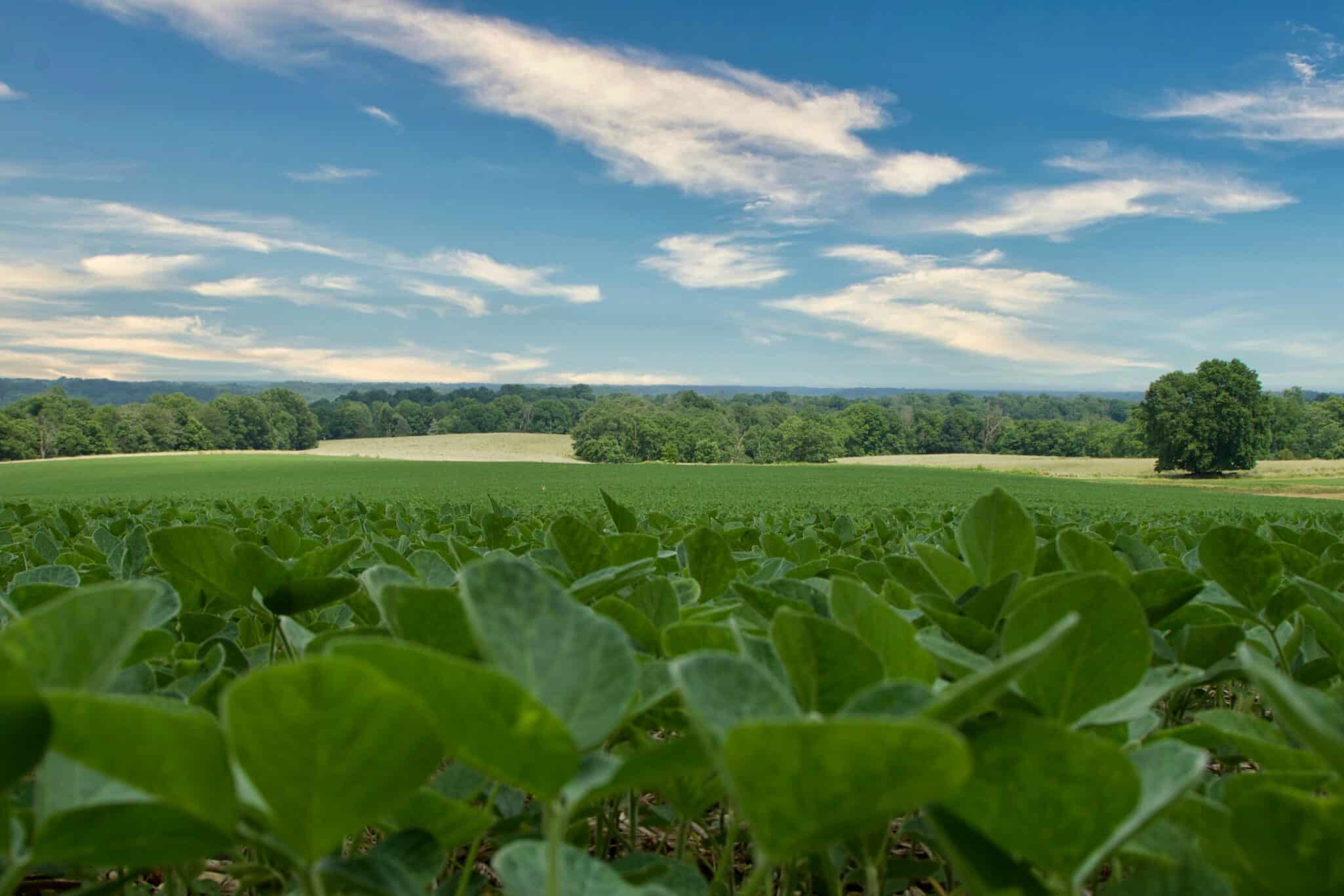Key Takeaways
- Cornell University researchers have confirmed glyphosate-resistant waterhemp in soybean fields in Seneca County, New York.
- Waterhemp resistance ranged from five to twelve times higher than susceptible control plants.
- Evidence of resistance to three other herbicides—mesotrione, atrazine, and chlorimuron + thifensulfuron—was also detected.
- Alternative herbicides such as dicamba, glufosinate, lactofen, and 2,4-D were shown to be effective.
- The study underscores the need for integrated weed management strategies to mitigate the spread and impact of this highly adaptable weed.
Cornell Researchers Identify Glyphosate-Resistant Waterhemp in Seneca County
In a newly published study in Weed Technology (January 13), scientists from Cornell University confirmed the presence of glyphosate-resistant waterhemp in New York State. The weed, discovered in 2014 and now present in 23 counties, poses a serious threat to soybean and corn production.
Lead author Vipan Kumar, associate professor of weed science at the School of Integrative Plant Science, noted that the findings present a critical opportunity for education and strategic change.
“Having the confirmation of this resistance in New York gives us the opportunity to spread the message that we should use these chemistries more judiciously and diversify our weed control practices,” said Kumar.
Cornell Study Details Severity and Spread of Resistance
Widespread Reliance on Glyphosate Complicates Weed Management
According to Kumar, approximately 75% to 80% of soybean farmers in New York use glyphosate as their primary method of weed control. In the study, waterhemp plants from Seneca County were found to be 5–12 times more resistant to glyphosate than controls, marking a significant shift in the state’s weed resistance profile.
The research team also found evidence of resistance to other commonly used herbicides: mesotrione, atrazine, and chlorimuron + thifensulfuron, increasing the urgency to adopt alternative approaches.
Alternative Herbicides and Integrated Approaches Recommended
Short-Term Control Options Identified
Cornell researchers tested several herbicides that remain effective against resistant waterhemp populations:
- Dicamba
- Glufosinate
- Lactofen
- 2,4-Dichlorophenoxyacetic acid (2,4-D)
These can be applied alone or in combinations, offering short-term control while longer-term strategies are developed. “We’re trying to let everyone know that we need to look beyond glyphosate,” said Kumar.
Cornell Encourages Long-Term Integrated Weed Management
Kumar and his colleagues are promoting integrated weed management (IWM), advocating for practices such as:
- Cover cropping to suppress weed emergence
- Planting competitive hybrids or varieties
- Cleaning equipment between fields to prevent seed spread
- Exploring novel methods, including seed pulverization post-harvest
These strategies, Kumar said, are necessary to sustain herbicide efficacy and reduce the development of further resistance.
Cornell Team Collaborates with Regional Experts and Growers
The study was supported by the New York Corn and Soybean Growers Association and involved collaboration with:
- Cornell Cooperative Extension
- New York State Integrated Pest Management Program
- Cornell AgriTech
- Connecticut Agricultural Experiment Station
- University of Nebraska
“New York is unique in the sense that we have fewer herbicides label registered than some other states,” Kumar explained. “To sustain the options we have, we need to work outside the box.”
Read the entire study here.



4 Comments